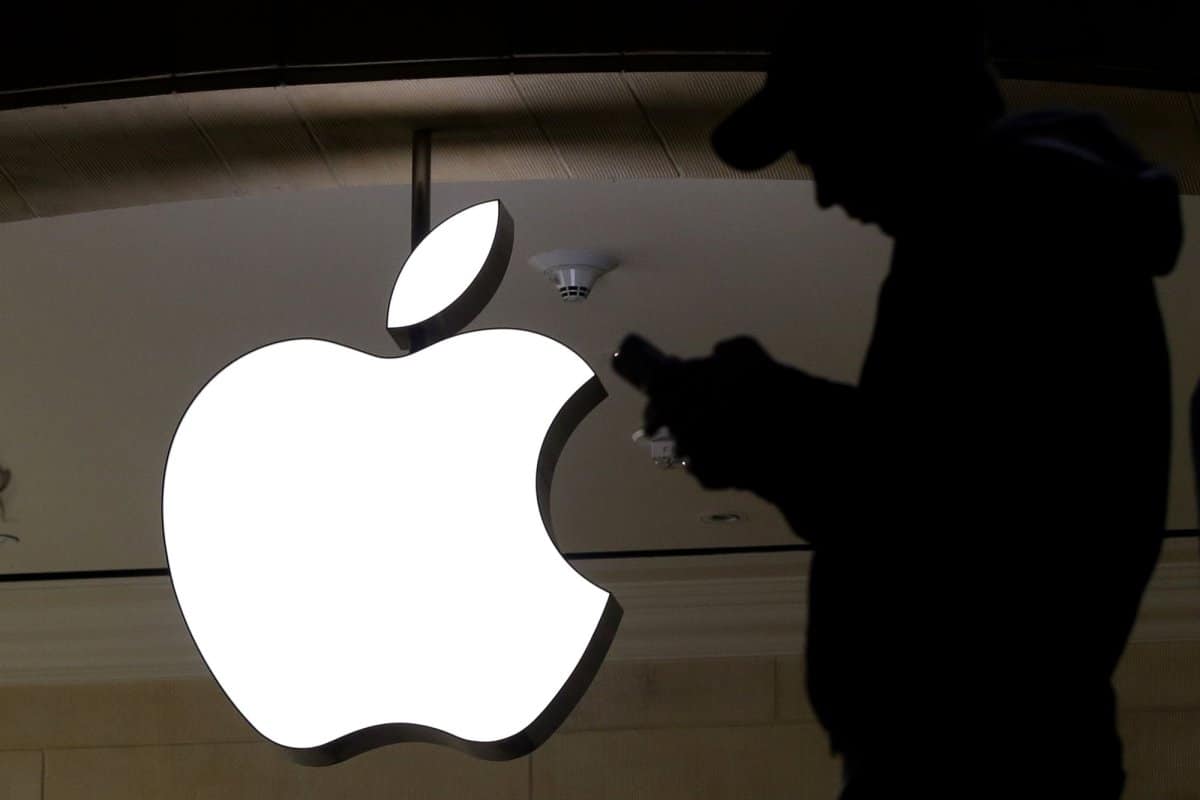Regulation
Regulatory Challenges Force Apple to Pause AI Enhancements in Europe

Apple has announced a delay in the rollout of its new AI features, dubbed “Apple Intelligence,” within the European Union. Citing stringent EU regulations, the tech giant confirmed it would withhold several key AI enhancements and iPhone functionalities due to the Digital Markets Act’s requirements. This decision reflects growing tensions between tech companies and regulatory frameworks aimed at ensuring market competition and user privacy.
Apple Halts AI Rollout Due to EU Laws
The EU’s Digital Markets Act, which seeks to regulate large digital platforms identified as “gatekeepers,” is central to Apple’s recent decision. This legislation enforces greater competition and aims to prevent conflicts of interest by imposing certain obligations on these platforms. Apple’s concern revolves around the interoperability requirements, which they believe might compromise product integrity, user privacy, and data security. Consequently, the company has decided not to launch three significant features in the EU market this year, potentially affecting millions of users and influencing hardware sales.
Furthermore, Apple is grappling with specific provisions that mandate allowing third-party app installations and control over user data usage. These changes are poised to alter how Apple operates, forcing them to adapt their business model and technical approach in Europe. This regulatory pressure comes at a time when Apple had planned to enhance its devices with features such as iPhone Mirroring and SharePlay Screen Sharing, but this was postponed due to these legal constraints.
Also Read: Could Japan’s Banking Crisis Trigger Another Bitcoin Rally? Arthur Hayes Think So
Security Concerns Rise with New EU Rules
The Digital Markets Act reshaped how companies like Apple interact with the market and significantly expanded consumer rights. Under this act, users can install apps from competing app stores and make decisions regarding using their data across different services. These provisions aim to empower consumers but present challenges for established tech giants accustomed to controlling their ecosystems.
In response, Apple is considering allowing the installation of third-party app stores on its devices, a move speculated upon since 2023. While this could open up new markets and opportunities for app developers, cybersecurity experts express concerns about the risks this could pose to user safety. These adjustments require Apple to balance compliance with innovation, ensuring they can still offer robust, secure products under the new EU rules.
Also Read: Spot Ethereum ETF S-1 Amendments In from 8 Firms, What’s Next?
The presented content may include the personal opinion of the author and is subject to market condition. Do your market research before investing in cryptocurrencies. The author or the publication does not hold any responsibility for your personal financial loss.













✓ Share: